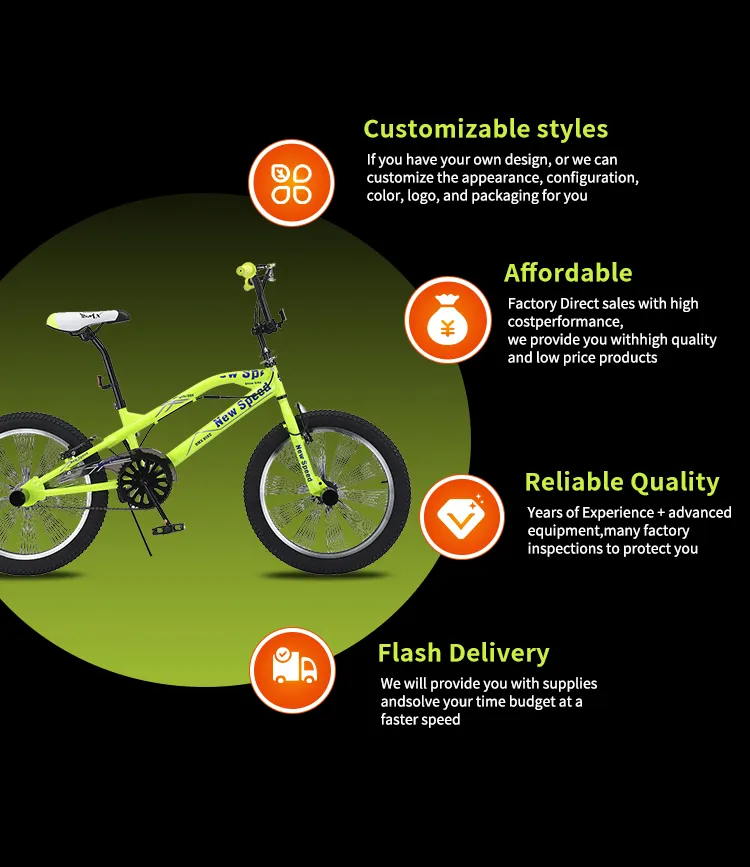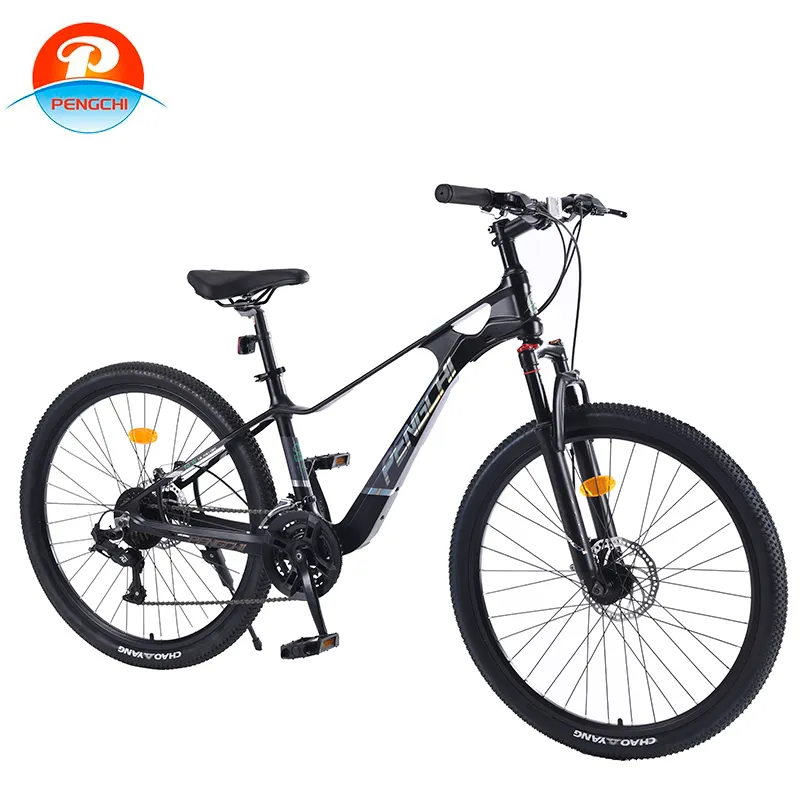2 月 . 19, 2025 05:58 Back to list
city bike price
Navigating the world of city bike prices can be a labyrinthine endeavor for both the seasoned cyclist and the urban newcomer. A bicycle is more than just a mode of transportation; it's a gateway to freedom, fitness, and environmental consciousness. However, understanding the price dynamics requires a blend of experience, expertise, authoritativeness, and trustworthiness.
Moreover, the price of city bikes can vary regionally, influenced by factors such as supply chain dynamics, tariffs, and local demand. For instance, European cities, with their robust cycling cultures, might offer a different price landscape compared to American cities. Understanding the holistic cost of owning a city bike extends beyond the initial purchase price. Prospective buyers must consider maintenance costs, which can fluctuate based on the bike’s components. A premium bike might have higher upkeep costs due to specialized equipment, whereas simpler models may require minimal maintenance. Buying a city bike is an investment in one’s health and lifestyle. The financial outlay for quality city bikes can range from a few hundred to several thousand dollars. However, each buyer must assess their specific needs and intended use to determine the appropriate expenditure. Those seeking a leisurely ride for short commutes might opt for a budget-friendly model, while avid cyclists requiring performance and efficiency would benefit from a higher-end choice. Engaging with community forums and cycling groups can provide valuable insights and first-hand reviews, enhancing the decision-making process. These platforms often harbor experienced cyclists eager to share their opinions on various models, offering practical and trustworthy advice drawn from personal experience. In conclusion, the world of city bike pricing is multifaceted, with a wide array of factors influencing costs. Whether prioritizing affordability, performance, or cutting-edge technology, an informed decision grounded in genuine experience and expertise can lead to a rewarding purchase. As urban centers increasingly embrace cycling as a sustainable transport solution, the city bike market will continue to evolve, offering ever-diverse options to fit the needs and budgets of all cyclists.


Moreover, the price of city bikes can vary regionally, influenced by factors such as supply chain dynamics, tariffs, and local demand. For instance, European cities, with their robust cycling cultures, might offer a different price landscape compared to American cities. Understanding the holistic cost of owning a city bike extends beyond the initial purchase price. Prospective buyers must consider maintenance costs, which can fluctuate based on the bike’s components. A premium bike might have higher upkeep costs due to specialized equipment, whereas simpler models may require minimal maintenance. Buying a city bike is an investment in one’s health and lifestyle. The financial outlay for quality city bikes can range from a few hundred to several thousand dollars. However, each buyer must assess their specific needs and intended use to determine the appropriate expenditure. Those seeking a leisurely ride for short commutes might opt for a budget-friendly model, while avid cyclists requiring performance and efficiency would benefit from a higher-end choice. Engaging with community forums and cycling groups can provide valuable insights and first-hand reviews, enhancing the decision-making process. These platforms often harbor experienced cyclists eager to share their opinions on various models, offering practical and trustworthy advice drawn from personal experience. In conclusion, the world of city bike pricing is multifaceted, with a wide array of factors influencing costs. Whether prioritizing affordability, performance, or cutting-edge technology, an informed decision grounded in genuine experience and expertise can lead to a rewarding purchase. As urban centers increasingly embrace cycling as a sustainable transport solution, the city bike market will continue to evolve, offering ever-diverse options to fit the needs and budgets of all cyclists.
Previous:
Next:
Latest news
-
Toy Car with Parental Remote - Safe Electric Ride-On Car with Parental Control
NewsJun.10,2025
-
Cheap Bikes for Students - Affordable & Durable Student Bicycles Online
NewsJun.10,2025
-
Children Balance Bike Lightweight & Adjustable OEM Designs
NewsMay.30,2025
-
Junior BMX Race Bikes Lightweight, Durable & Speed-Optimized
NewsMay.30,2025
-
21-Speed Foldable Gear Cycle Compact & Portable Commuter Bike
NewsMay.30,2025
-
Affordable & Durable Bikes for Students Campus Commutes Made Easy
NewsMay.29,2025



